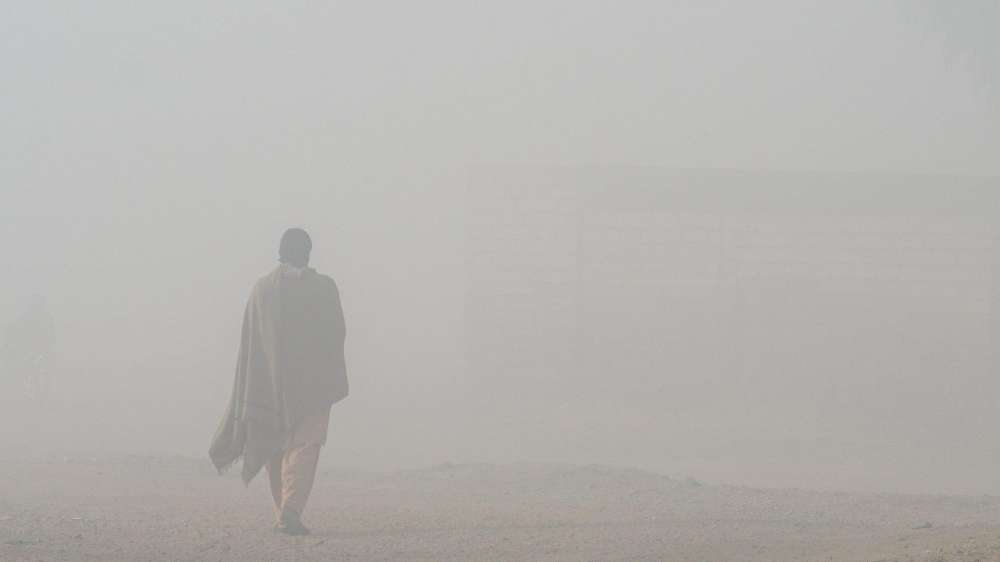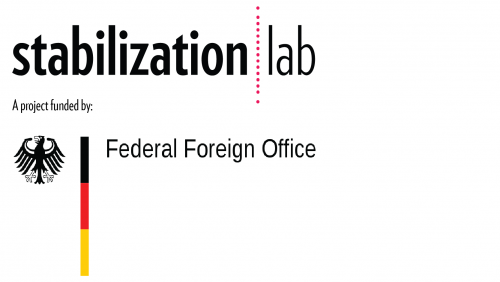Close the Gap: How to Leverage Local Analysis for Stabilization and Peacebuilding

Without a granular understanding of the key political dynamics at work in the towns, villages and neighborhoods where violence occurs, even the most well-intentioned stabilization and peacebuilding efforts are shots in the dark – at risk of hitting the wrong targets or falling far short of their intended impact.
Still, those who make billion-euro decisions about international stabilization and peacebuilding activities too often do so in spite of significant knowledge gaps. And most of the data and analysis on which they do rely falls short of three essential objectives. It usually fails to:
- Provide key information about hard-to-reach and potentially dangerous areas;
- Provide actionable and timely analysis to inform decision-making; and
- Triangulate data and counter blind spots or conflicts of interest at the local level.
Analysis which attempts to simultaneously deliver on all three accounts (what we refer to as “political analysis systems”) remains the exception in stabilization and peacebuilding programs. And if it does happen, it is undertaken mostly in the form of pilot programs with limited financial, staff or political resources.
Nevertheless, there are important lessons to be drawn from the few past and current local analysis systems that do exist. These analytical endeavors have been run in areas presenting some of the most acute peacebuilding and stabilization challenges, including Afghanistan, Somalia, Bolivia, Libya, Ukraine, Syria, the Sahel, and Honduras.
The systems that were piloted in these contexts show us how, when used effectively, local political analysis can enable:
- Smarter investments in stabilization and peacebuilding programs;
- Better tracking of key risks linked to investments in conflict-affected contexts;
- A better and shared understanding between key stakeholders of the priorities, challenges and opportunities in a given context;
- More effective diplomatic engagement with elites in a conflict-affected country.
Moreover, our study of existing local analysis systems in different contexts also highlighted four key challenges that typically limit the ability of policymakers to use local political analysis systems to their full potential.
These common hurdles are:
- A dearth of consistent and reliable investments in local analysis systems;
- A lack of clear purpose and strategic direction for their use;
- A lack of effort to make local data accessible and applicable for decision-making;
- Overly rigid approaches and a lack of flexibility and adaptiveness in programming.
The good news is: these barriers are not inevitable. In this study, we thus also provide a step-by-step guide to setting up and making effective use of local political analysis for adaptive stabilization and peacebuilding in such areas.
The four key steps are:
- Tailor (and resource) a local political analysis system together with the corresponding intervention.
- Define steering goals, analytical indicators and decision-making mechanisms.
- Assign clear ownership and determine who does what.
- Assign the necessary resources – financial and staff – to not just produce but also use the data.
In complex conflict environments, local political analysis can make the difference between flying half blind and thus risking wasteful or, worse, inadvertently harmful stabilization efforts on the one hand, or acquiring the ability to steer an adaptive program that translates upfront investments into more effective and efficient impact on the other hand.
It is high time that international donors integrate this instrument into the standard toolkit for effective and responsible stabilization and peacebuilding.
The study is part of the Stabilization Lab project that investigates different challenges in stabilization policy and practice. Supporting civil society actors in acute crises was the first issue of a series of stabilization dilemmas GPPi will address. The Stabilization Lab is funded by the German Federal Foreign Office.








